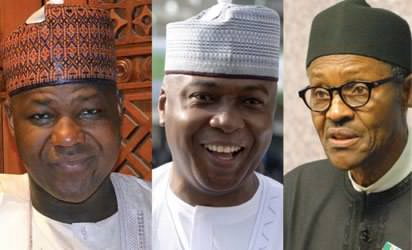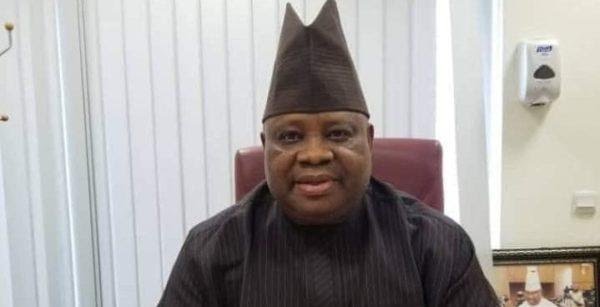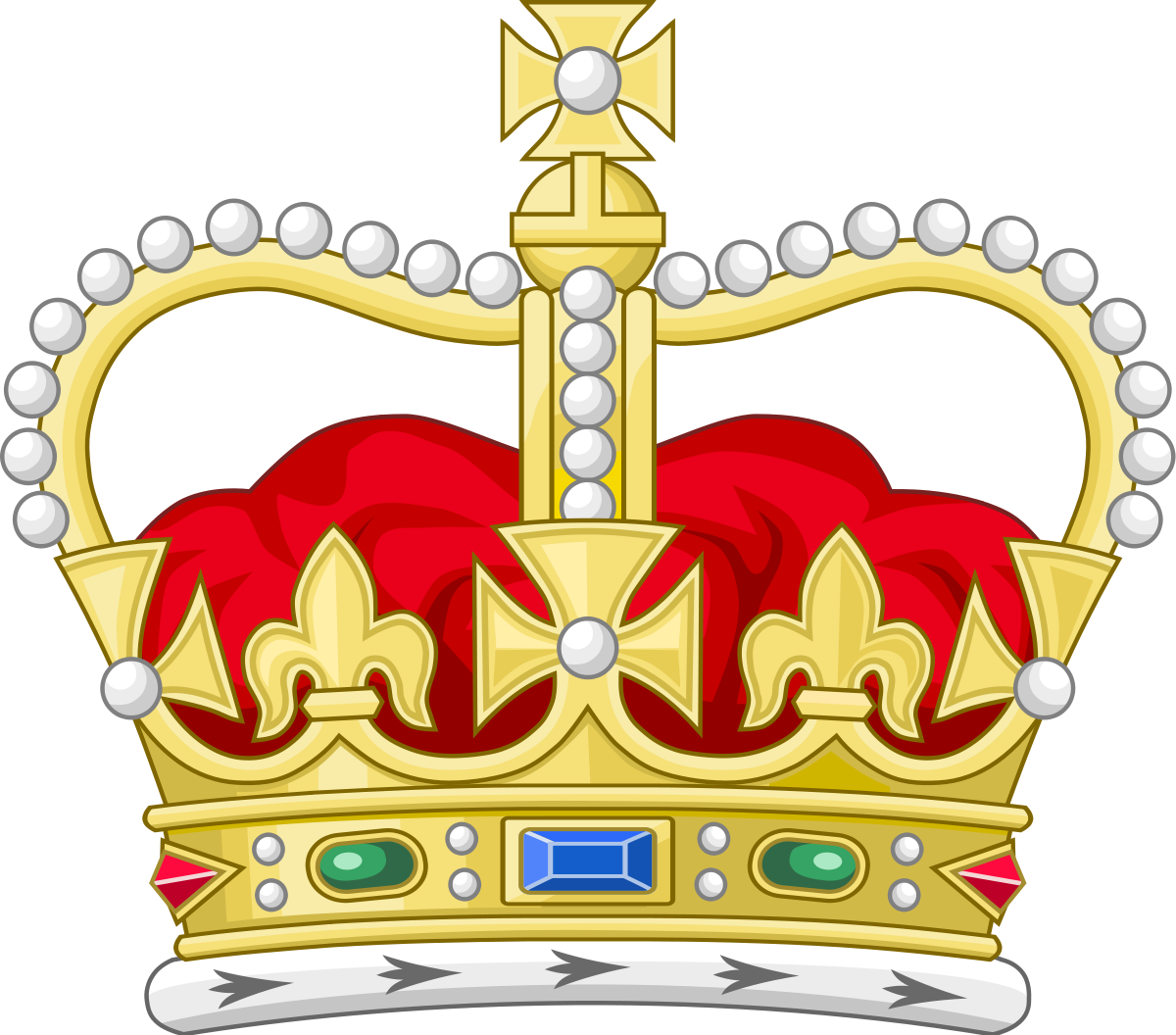Reflections on the National Assembly By Abdulrazaq Magaji


Over the past several months, the restructuring debate has understandably been pushed to the front burner with opinions on the issue being as varied as they are divided. Expectedly, every Nigerian appears to have an idea on how and what to restructure. While some believe institutions should be strengthened without jeopardizing the peace and unity of the fatherland, there are those who hold the queer view that no amount of restructuring can guarantee the continued survival of the country. Really?
That is as it may be! But, with popular opinion in support of preserving the continued existence of Nigeria as one, united country, attention should be focused on how to restructure with the view to strengthening political structures. For obvious reasons, the National Assembly qualifies to top the list of structures to come under the restructuring knife. A consensus appears to be building that a proactive and result-oriented legislature can go a long way to deepen and enrich the nation’s budding democracy.
The call for a restructuring of Nigeria’s National Assembly assumed a new dimension following the realisation that the parliament has become a drainpipe. It all started when, as Governor of the Central Bank of Nigeria, now Emir of Kano, Muhammadu Sanusi II, revealed that nearly a quarter of the federal budget goes into servicing the National Assembly! Credence was lent to the outcry with serial involvement of federal lawmakers in unwholesome practices.
More patriotic voices have joined the call. Last August, former president, Ibrahim Badamasi Babangida proposed an arrangement where legislative duties will be conducted on part-time basis as a cost-cutting measure and a way to break the cycle of corruption at the National Assembly. The former president revealed that the idea was high on the agenda of his government in 1989. His views echoed similar ones by Chief Joe-Kyari Gadzama, SAN, in a recent cerebral presentation on the issue.
Chief Gadzama had argued that aside saving cost, part-time legislative work will enrich the nation’s democracy at much lower cost because it is the only way to encourage professionals who do not wish to abandon their primary callings to the National Assembly. He also suggested that seats be reserved in the National Assembly for professionals, as practised in some developing democracies.
As part of cost-cutting measures, there are those who believe Nigeria should operate a single-chamber National Assembly. In one of his major contributions to constitution making some three decades ago, President Olusegun Obasanjo made a robust case for a single-chamber legislature which he said best suited developing countries. In his words, double-chamber parliaments are generally unwieldy and wasteful for developing countries. Problem is that on two different occasions, President Obasanjo had the opportunity to grab the front-page. He demurred on both occasions!
Aside its unadvertised role as job-placement agency, the best-known benefit of double-chamber parliament is that it allows for checks and balances! Here, the impression one gets is that the upper house, supposedly made up of ‘level headed’ people is capable of checking the supposed excesses of their supposedly ‘hot headed’ juniors in the lower house. It is unimaginative to even assume that this perceived benefit applies to Nigeria.
Developing democracies have no need for double-chamber parliaments. Aside being financial sink holes, double-chamber parliaments are mere duplication of roles and functions. With two unwieldy, often-bickering and scandal-prone chambers, Nigeria’s National Assembly with some 450 mostly-lazy federal legislators is a major drawback. And, mind you, the grouse here is not with representation in terms of numbers. With a population estimated at 160 million, the National Assembly may not be overpopulated.
Trouble has always been the unreasonable and unrealistic chunk of the federal budget that services the false life style of a disingenuous few in a vast plain of poor, struggling people. If self-regulation is the main attraction of a double-chamber legislature, it could be better achieved through a less-costly, result-oriented and effective single-chamber assembly. There should be no problem with retaining a 350-member National Assembly whose members will draw sitting allowance for the six months they sit each year! By the way, it makes no sense to pay lawmakers for 12 months when the constitution prescribes that they work for half of the period!
Aside baiting professionals to bring their expertise to the table, part-time legislative work will eliminate the do-or-die approach to election to the National Assembly which many see as an instant route to wealth. This is misplacement of priorities which in turn shuts out serious-minded people and thereby robbing the National Assembly of the services of the best minds. Nigerians cannot continue to be represented by or, subsidise the false style, of poor quality lawmakers some of whom are stark illiterates anyway!
But, if for the loss of meal ticket many see part-time legislative duties self-destructive, we can try the Ghana experiment which has a single-chamber legislature where cabinet positions are occupied by elected members of parliament. The attraction with the Ghana arrangement is that it creates a healthy political arrangement where ministers take matters relating to their constituencies to parliament, update their constituencies as to happenings in the parliament as well as press the case of their constituencies at cabinet meetings. This clearly eliminates a situation where people who cannot win elections in their backyards are rewarded with cabinet positions.
The problem here is not with members of the National Assembly who see their presence as a call to duty. As usual, problem is those who are so unimaginative to the point of not being able to survive outside politics. They are the ones who have lost all sense of creativity and who will naturally resist any change to the present order with the proverbial last blood. And this is where patriotic and progressive minded members in the National Assembly have a historic duty to rise to the occasion.
Two years into the life of the Buhari/Osinbajo administration, it may not be a bad idea to jiggle the National Assembly with a view to making it more responsive and accountable. The Ken Nnamani Committee has the patriotic duty to make workable, proactive and low-cost proposals in that regard.
History beckons!
• Magaji writes from Abuja










